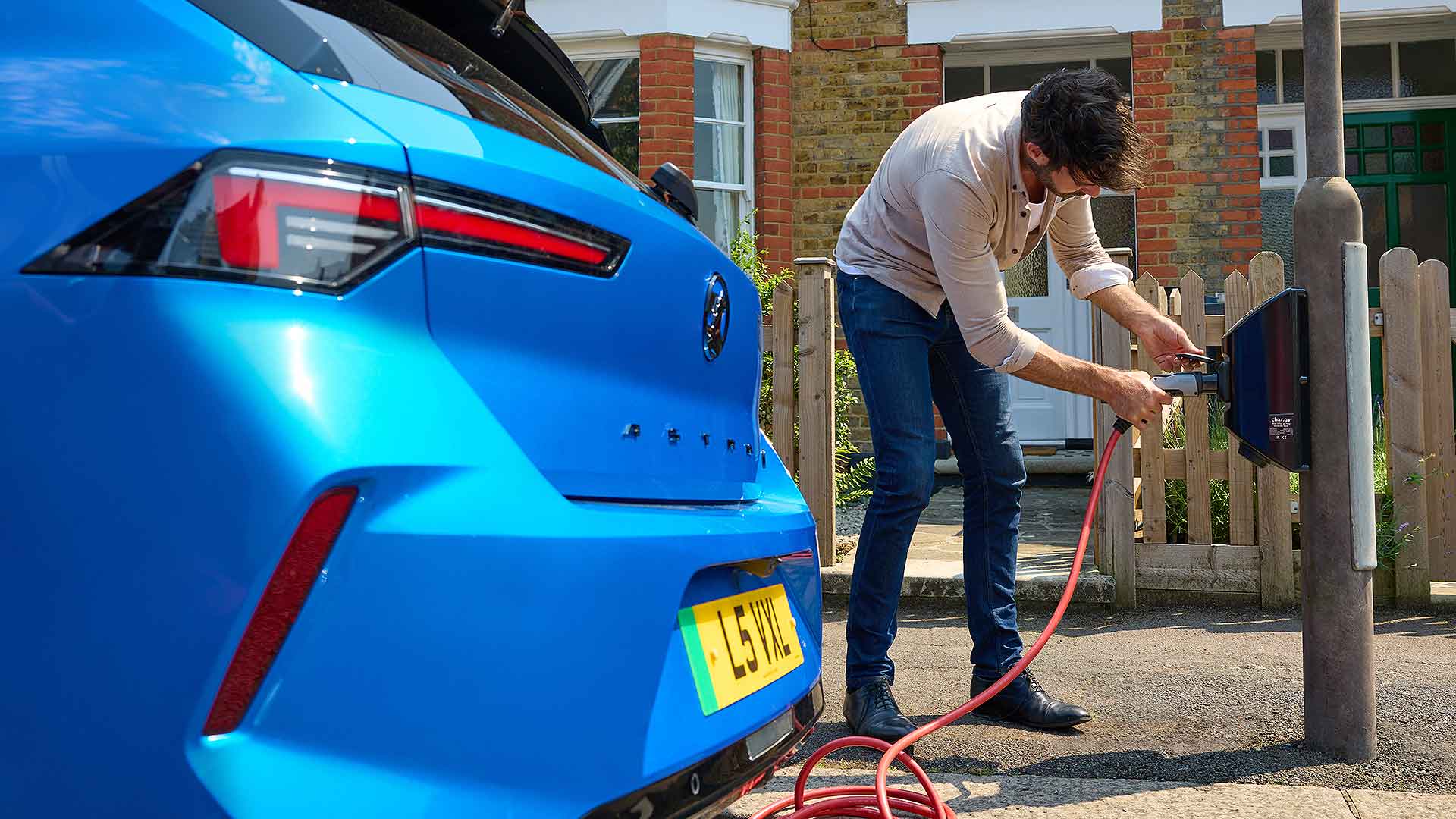
A halving of VAT on electric cars to 10 percent for three years would help make EVs more affordable for private buyers and put an extra 270,000 electric cars onto UK roads, says the Society of Motor Manufacturers and Traders (SMMT).
The car industry trade body says the UK is now the only major European car market without any EV incentives for private buyers.
The Plug-in Car Grant was controversially phased out in summer 2022.
This is now being reflected in new car sales figures, with the growth of electric car sales actually falling in 2023, to a market share of 16.5 percent.
This is despite the UK also only being the only market in the world with mandated minimum targets for new EV registrations, as part of the new ZEV Mandate.
In 2024, EVs must account for 22 percent of each car brand’s sales, rising to 80 percent by 2030.
Fines of £15,000 for every car sold over target will be imposed for brands who fail to achieve ZEV Mandate rules.
Sales of EVs to fleets boomed during 2023, as company car buyers capitalise on the huge tax savings they enjoy. This helped EVs account for 1 in 6 of all new car sales in 2023.
In contrast, just one in 11 private buyers chose an electric car.
How would an EV VAT cut work?
The SMMT wants the government to halve VAT to 10 percent on new EVs sold to private buyers.
It would be a temporary cut lasting for three years, and would give private buyers financial support similar to that for business buyers – where VAT can often be claimed back.
A 10 percent VAT rate on EVs would mirror discounts on other expensive green tech such as solar panels and heat pumps.
The SMMT calculates it would give consumers an extra £7.7bn in BEV buying power, while reducing the Treasury’s tax take by just 22 percent per vehicle.
“At the moment, the government is arguably getting a VAT windfall, because EVs are 30-40 percent more expensive,” said SMMT chief executive Mike Hawes.
“We’re calling for some of that to be given back to the consumer for a relatively short three-year period.”
On a £40,000 EV, halving VAT to 10% would save private new car buyers around £3,500, bringing electric car prices closer to their petrol and diesel counterparts.
The SMMT says that not only could it help put an extra 270,000 EVs on the road, it would also cut road CO2 emissions by more than five million tonnes.
“Government has challenged the UK automotive sector with the world’s boldest transition timeline and it is investing to ensure we are a major maker of electric vehicles,” said Mike Hawes.
“It must how help all drivers buy into this future, with consumer incentives that will make the UK the leading European market for ZEVs.”
The SMMT added it would ideally like to see an announcement in the spring budget on 6 March, to go live from the new tax year in April.
ALSO READ
‘Bargain’ Dacia Spring electric car IS coming to the UK in 2024